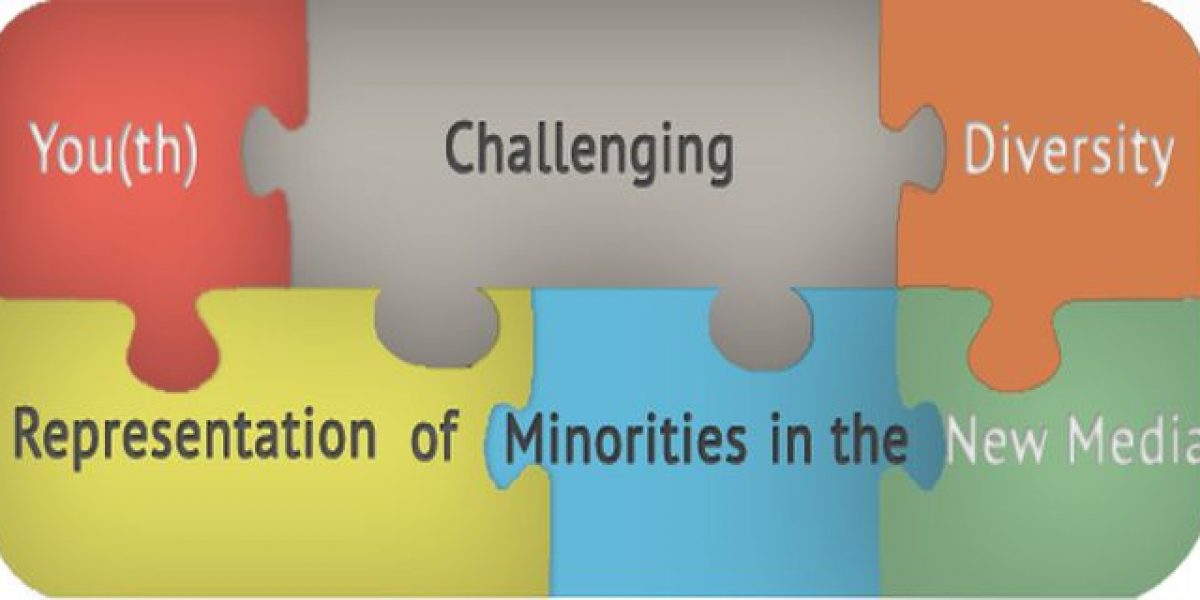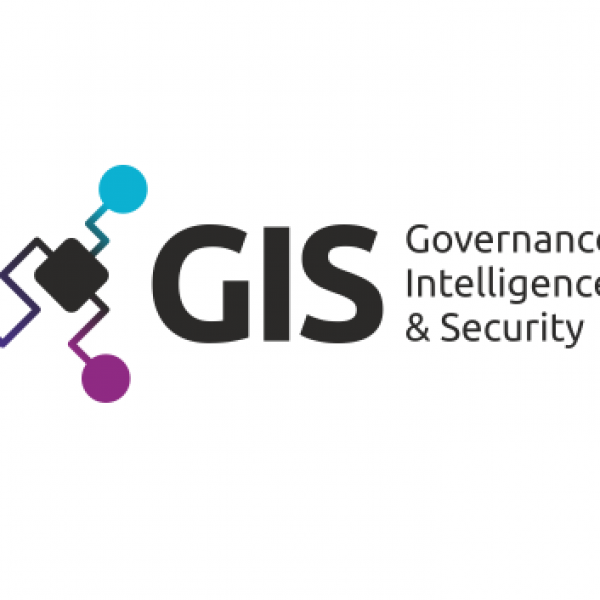
Deadline: 3 December, 2015 for speakers, panelists and participants (extended)
Open to: students, young researchers and activists with an interest in social sciences, coming from Albania, Austria, Bosnia and Herzegovina, Czech Republic, Hungary, Macedonia, Montenegro, Poland, Romania, Serbia, Slovakia, and Slovenia
Venue: 3-4 March 2016, Skopje, Macedonia
About the Youth Forum
The youth forum “Representation of Minorities in the New Media in Central and Eastern Europe” aims to discover how do new media in this region portray minorities and to what extent they contribute to the promotion of diversity. The project is being implemented by Mladiinfo International, together with its project partners, and it has been generously supported by the Europe for Citizens programme as well as the CEI Cooperation Fund.
The rights of national minorities, as well as the promotion of diversity, are an inevitable segment of many international and European legal and political documents. For instance, the signatories of the European Charter for Regional or Minority Languages commence to “promote, by appropriate measures, mutual understanding between all the linguistic groups of the country and in particular the inclusion of respect, understanding and tolerance in relation to regional or minority languages among the objectives of education and training provided within their countries and encouragement of the mass media to pursue the same objective” (Art. 7, §3). However, the implementation of the legislature becomes questionable, having in mind that the media as opinion-makers often construct the image of national minorities through the process of “otherisation”, making a clear distinction between “us” and “them” (the others). Therefore, the new media as a space for open and equal access, should play a vital role in the social affirmation and change, but remains questionable if they will follow the pattern of the traditional media, or will contribute to societal cohesion.
The general objective of the project You(th) Challenging Diversity project is to foster European citizenship and to improve conditions for civic and democratic participation at Union level. After the recent EU elections confirmed the strengthening of the far-right political options in Europe, it becomes essential to keep the track of promoting active citizenship, participation and appreciation of the differences instead of creating so-called “culture of fear” based on negative approach towards all the minorities (ethnic minorities, migrants, refugees, LGBT, etc).
Young people from 12 European countries will participate at the final conference “Youth Challenging Diversity: Representation of Minorities in the New Media”. Three categories of participants are foreseen:
- Speakers: youngsters will present their own paper or essay written on some of the conference topics (see the eligibility section) and will join a discussion;
- Panelists: youth will present a journalistic article they have prepared and will take part in the panel;
- Participants: youth will follow the discussions at the presentations and the panels.
Please note that candidates applying for speakers and panelists will have higher chances to be selected and secure their place at the conference.
The topics can encompass, but are not limited to:
- Ethnic minorities: How do ethnic minorities contribute to the diversity? What kind of policies for minority protection are applied in your country? Ethnicisation or going beyond ethnicity? What are the top-down and bottom-up processes ongoing to secure integration of the ethnic minorities in the society? What is effective representation and how is it developed according to the cultural settings? How are ethnic minorities presented in the new media in their languages and how in the national media?
- Migrant and/or refugee crisis. What is your say on this issue? As refugees leave their war-torn countries and territories looking for better future in Europe, how do you contemplate on the matter? What are the responsibilities that we as humanity should take? What this call means for institution? Have you personally engaged for this cause and helped refugees so far? Why migrants are perceived as “others”? How are the migrants portrayed in the new media? What platforms are available for their integration?
- The human rights of LGBT groups across Europe are in its rise, yet many LGBT members still face difficulties in some European countries. What’s your insight? Do you have a good story to share? Are you yourself member of LGBT? How the gendered identities impact the diversity? How we construct our identity in a gendered society?
- What’s the situation with Roma people in Europe? What are the main challenges that Roma people face in their lives, their integration in society? Have you personally engaged for their cause and helped? What implications the social inclusion of Roma people has? How is the Roma minority portrayed in the new media?
- New media: what new qualities they bring to diversity? To what extend could new media provide an open access for all and contribute to a more open and diverse society? Are media building or preventing stereotypes about the minorities?
All the participants at the conference will join workshops where recommendations on how to report about minorities online will be drafted.
Who can apply?
Young students, researchers and activists coming from Albania, Austria, Bosnia and Herzegovina, Czech Republic, Hungary, Macedonia, Montenegro, Poland, Romania, Serbia, Slovakia, and Slovenia are welcomed to apply. There is no age limit, however, applicants aged 18-37 will have an advantage to be selected.
- Speakers: Those applying to be speakers at the youth conference are expected to have background in political and social sciences, including media, communication and journalism studies. They should have solid knowledge of research methodology and academic writing.
- Panelists: Youth aiming to be panelists at the conference should have interest in political and social sciences as well as possess advanced journalistic skills, being able to attract readers’ and audience attention, develop their thoughts in an original manner and dispose of rhetoric skills.
- Participants: Interested candidates should have a strong interest in the topic of the forum, as well as proven motivation to participate at the event.
Costs
The 2-day conference will encompass 30 youth from 12 European countries. The travel costs are going to be reimbursed, after the selected speakers, panelists and participants, in communication with Mladiinfo’s staff, have arranged their travel to Macedonia, choosing the most affordable but also convenient means of transport.
The costs for accommodation, breakfast, lunch and coffee breaks will be also covered by the organizers. Please note that the accommodation will be in youth friendly venue, located close to the city center of Skopje.
Please note that no conference fee is foreseen and the participation at the event is free of charge.
How to apply?
There is different application process according to the profile you are applying for.
Speakers:
- A short abstract of the paper or essay they would like to present, not more than 300 words including the title of the paper, the main argument and conclusion as well as 3-10 references;
- Short biography (up to 150 words);
- Those documents should be submitted until 3 December, 2015 (extended deadline) at recruitments@mladiinfo.eu. However, the pre-selected speakers are welcomed to submit their final papers/essays until 15 December 2015. The final selection of the speakers will be done once the final version of the paper has been submitted. Rules of citation and of text formatting will be announced after accepting the abstracts.
Panelists:
The aspiring young panelists at Youth Challenging Diversity Conference should prepare:
- A journalistic article they would like to present at the conference, up to 500 words submitted with 3 suitable photographs with copyright;
- CV (recommendable in Europass format) containing the education, job experience (if applicable) and social activities of the candidate;
- Brief motivation letter (max. 1 page) describing how they will contribute and what are their expectations from the Conference.
- The documents should arrive to: recruitments@mladiinfo.eu no later than 3 December 2015 (extended deadline).
Participants
- CV (recommendable in Europass format) containing the education, job experience (if applicable) and social activities of the candidate;
- Brief motivation letter (max. 1 page) describing how they will contribute and what are their expectations from the Conference.
- The documents should be sent to: recruitments@mladiinfo.eu no later than 3 December 2015 (extended deadline).
Please note that this is a youth project based on the methods of non-formal education and no academic publications are foreseen. All the papers, essays and articles will be published on the project web-site Youth Challenging Diversity. All entries need to be original writings, not published elsewhere before.
If you have any questions, do not hesitate to contact: Ana Alibegova, and/or Stefan Alijevikj, available at: recruitments@mladiinfo.eu.


